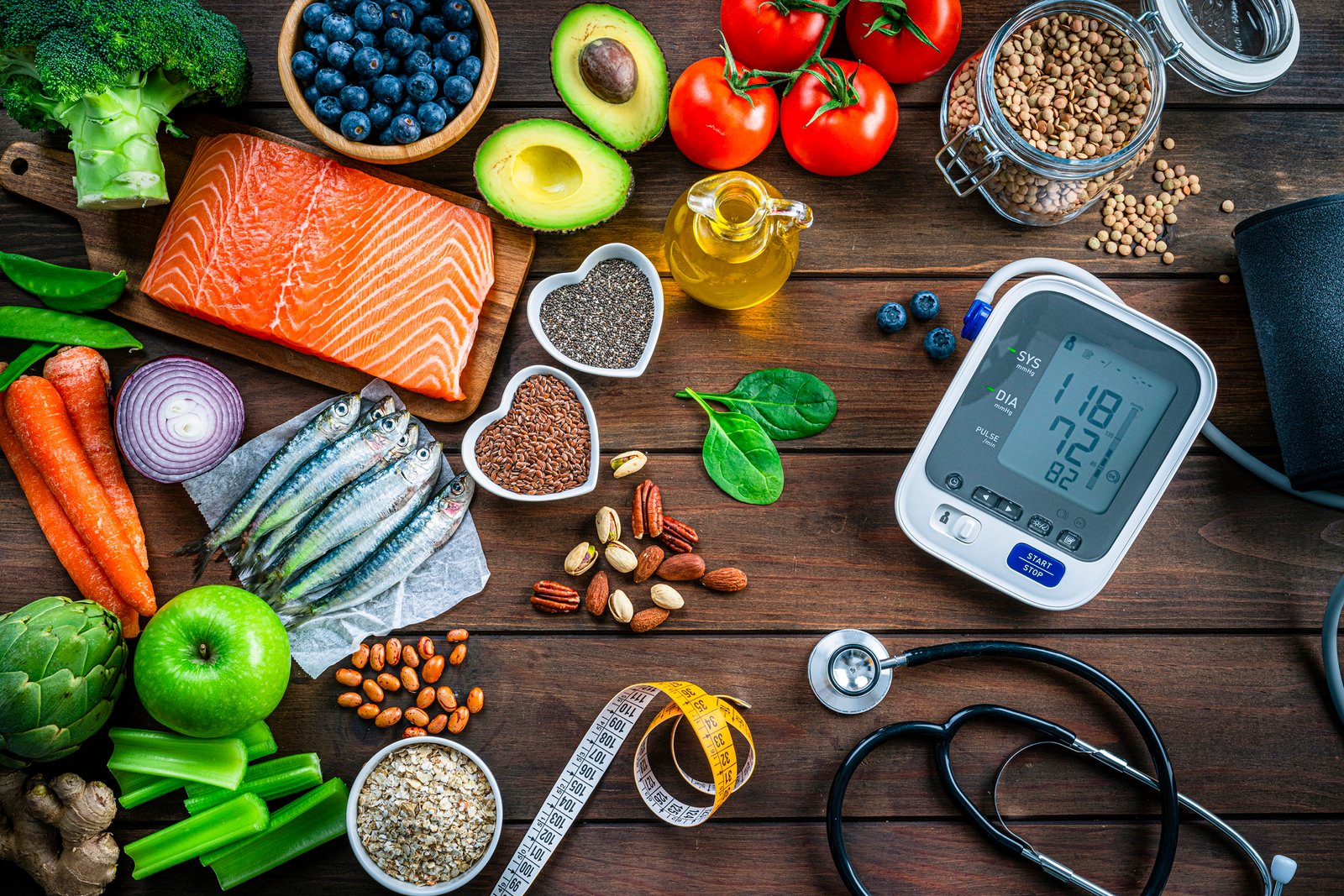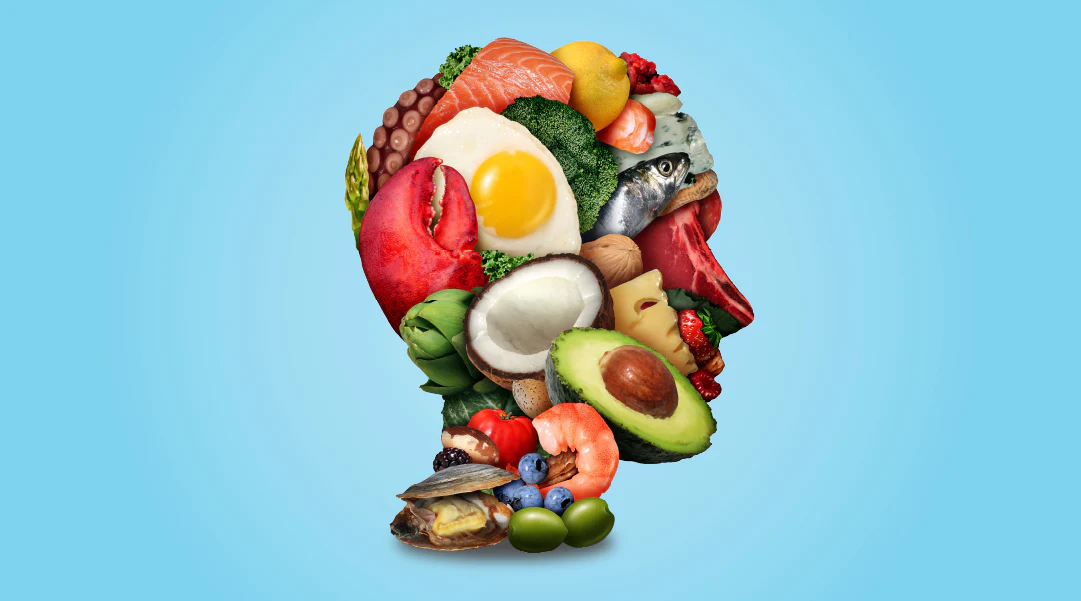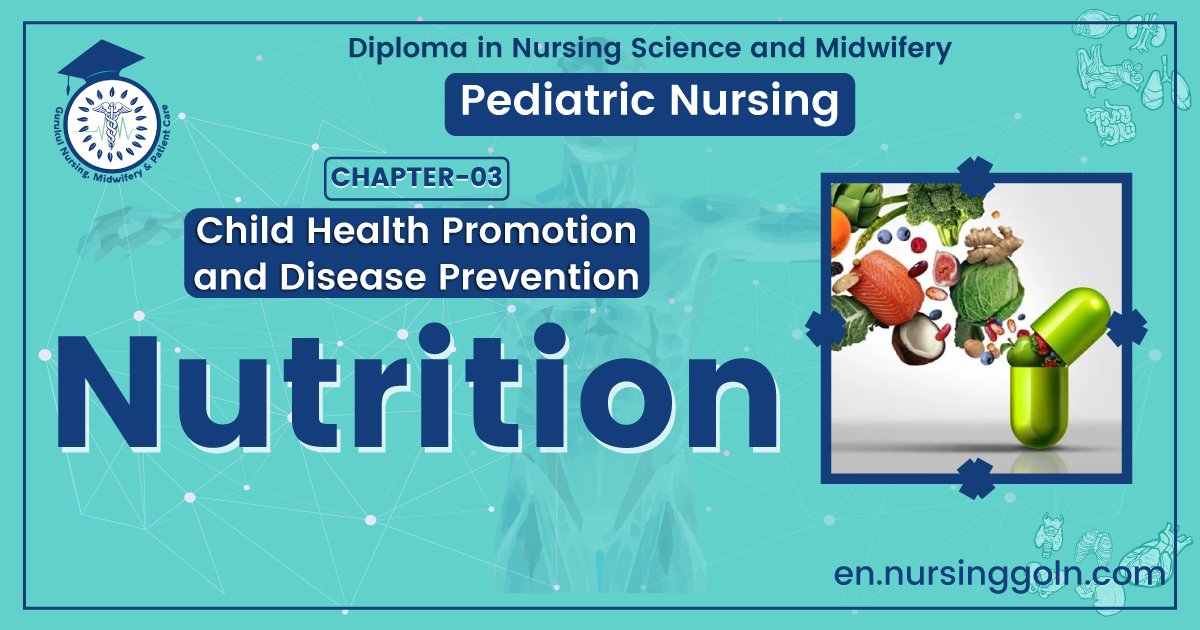Concept about Nutrition – Health of the children has been considered as the vital importance to all societies because children are the basic resource for the future of humankind. Nursing care of children is concerned for both the health of the children and for the illnesses that affect their growth and development. The increasing complexity of medical and nursing science has created a need for special area of child care, i.e. pediatric nursing.
Pediatric nursing is the specialized area of nursing practice concerning the care of children during wellness and illness. It includes preventive, promotive, curative and rehabilitative care of children. It emphasizes on all round development of body, mind and spirit of the growing individual. Thus, pediatric nursing involves in giving assistance, care and support to the growing and developing children to achieve their individual potential for functioning with fullest capacity.
Concept about Nutrition

The essential nutrients for life include carbohydrates, proteins, and lipids (fats), as well as fiber, vitamins, minerals, and water-the solvent for all soluble ingredients in the blood and cells.
The absorption of nutrients starts the moment we begin to digest our foods, as they are transported to assist all the metabolic processes in the human body. Good nutrition means getting the right amount of nutrients from healthy foods in the right combinations.
(Ref by-www.who.int/Health report of WHO, 2017+FAO/WHO Second International Conference on Nutrition, 2017)
Definition of Nutrition:
Nutrition may be defined as the science of food and its relationships to health. It is concerned primarily with the part played by nutrients in body growth, development and maintenance.
Or,
Nutrition is the combination of process by which, the living organism receives and utilizes the materials necessary for the maintenance of its functions and for the growth and renewal of its components.
(Ref by: K. Park/25th/646+Onila Salin’s Essential nutrition/1/4)
OTHER DEFINITIONS – NICE TO KNOW]
- Nutrition is a science which deals with the study in relation into establish between health and diet
- Nutrition is the science of foods, the nutrients and other interaction substances there in; their action, and balance in relationship to health and disease; the-processes by which the organism ingests, digests, absorbs, transports and utilizes nutrients and disposes of their end products.
- It is the process whereby living organisms utilize food for maintenance of life, growth, the normal functioning of tissues and organs, and the production of energy.
Criteria of Good Nutrition:
- It should be protect the body from infection.
- It should protect the body from deficiency diseases.tenbetonomadra
- It should protect the body from obesity.
- It should help in making a good complexion. E.g.- Clean skin, bright eyes.
- It should help in building of body and make the person energetic.
Role of Nutrition in Health:
- To give energy for all types of activities.
- To help the body grow in size and develop in capabilities.
- To protect the body from disease.
- After injury and illness the body makes new cells to repair the damage tissue. Nutrition helps in these process.
- Nutrients help chemical processes like –
✓ Digestion of food.
✓ Use energy to move muscle.
✓ Secrete fluid.
✓ To excrete waste such as urine.
✓ To keep alive.
Importance of Nutrition for Human Health:
1. Nutrient regulates different body processes and functions of vital organs.
2. Food such as cereals, tubers sugar and fat provide concentrated energy and nutrients like carbohydrates provide energy to the body.
3. Nutrient like protein provides or helps in development of muscles. Proteins are considered as body building food.

Common/Major Nutritional Problems in Bangladesh:
| Protein energy malnutrition: |
|
| Vitamin deficiency disorder:
| a) Vitamin A deficiency disorder:
b) Vitamin C deficiency disorder:
c) Vitamin D deficiency disorder:
d) Vitamin K deficiency disorder:
e) Vitamin B1 (Thiamine) deficiency
f) Vitamin B2 (Riboflavin) deficiency
g) Vitamin B3 (Niacin) deficiency
h) Vitamin B12 deficiency disorder: (Cyanocobalamin)
|
| Minerals deficiency disorder: | a) Zinc deficiency disorder:
b) Iron deficiency disorder:
c) Iodine deficiency disorder:
d) Nutritional anaemia:
|
| Endemic fluorosis: | Excessive amount of fluorine in drinking water.
|
| Lathyrism (neurolathyrism): | a) Khesari dhal intoxication. |
| Low birth weight |
